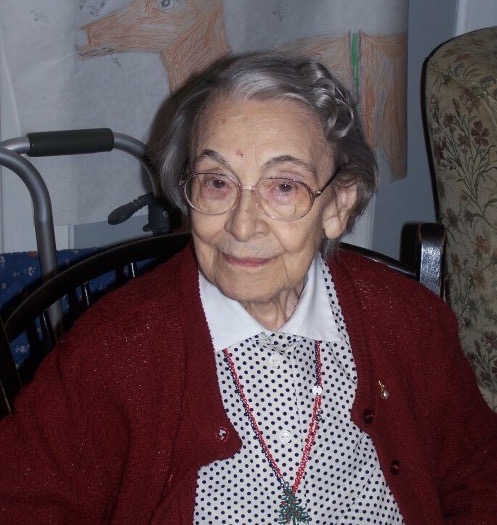Jan Peppler HOME
Exploring Our Connection to People and Place
Seniors Leaving Home

My friend asks me, “Is there anything you want?”
We are clearing out her mother’s home, where she lived for thirty-five years, half of that with her husband before he died. The day I arrived (flying in from Tulsa), is the day her mother left. Put on a plane, first-class, to Seattle, where a one-bedroom apartment was waiting for her in an assisted care facility.
Her mother, eighty-six years old, had been resistant to leave. Resistant to give up driving. Fearful of losing her independence. Yet clearly suffering from memory loss. The cupboards, refrigerators, and garage are all testament to shopping for what she didn’t need: endless jugs of juice, rolls of paper towels, and frozen meat.
Add that to a lifetime of things. Some of it sold, some given away, and much of it tossed. Little white tags that only sometimes represent the financial value. $150 for a rug, $1 for a vase. And what of the china? Who will take the china? Does anyone use china anymore, except those of us old enough to have inherited it?
I hear Helga’s voice on the speakerphone. She’s packing, she says, she can’t stay. She’s leaving tomorrow. “But you just got there, mommie. You’ve only been there two days.”
“I can’t afford this hotel.”
“It’s not a hotel.”
“It’s not?”
“No, mommie, you live there now.”
“How long will I stay?”
“You live there now.”
What a blessing that she likes the place. She likes the art on her walls, painted by her husband, deceased for eighteen years. Or is it eighteen days?
When my friend Teresa was moved into memory care after a lifetime in the same home where six children were born and raised, it was the same. Oh yes, the place was nice. Her bed, her quilt, the photos on the walls. But, she said, she had to leave. She had to get home to Bellevue for Joe. Joe was coming home, she said, and she needed to be there.
Except that Joe had been gone for fifteen years. She never forgot that when she lived at home. She forgot many things, but never that. There, in the house they shared for over fifty years, her husband was still with her, all around her, on the streets and in the town. But here in this new place, he wasn’t. She needed to go home for Joe.
In the end, it’s easy to let go of things. We think we want them—they’re familiar, efficient, old. But we shed these things easily, unless the people we love are inside them, like genies. Rub the arm of the old couch enough and your deceased spouse will appear. Drink tea in your mother’s favorite cup and she joins you at the table. Hold a book that was once your father’s and you can hear him tell you again of its importance.
My sister and I cleaned out the home of our great aunt when she moved to assisted living in her 90s. She had lived in the same house for seventy years. Aside from the stacks of scratch paper accumulated from decades of never throwing out a card or an empty envelope and the rolls of rubber bands that could substitute for balls if only they would bounce, her house was filled with so much history. Letters and photographs and souvenirs from traveling. Genealogy charts, and correspondence from every branch of the family going back to the previous century. Records of another era in time.
It was hard for me to let go of those things. I wanted it all. To comb through it, devour it, treasure every morsel. To honor the lives associated with each memento. But my aunt had no problem letting go. She was pleased with our delight and moved on. She relished her new adventure: a life in a new city, released from so much responsibility, the keeper of family history. Now she was the treasure, and we treated her as such.
Tucked in a closet we found the framed college diplomas of my friend and her sister. Large diplomas, large frames. Neither daughter had lived in this house and yet there they were, ready to be hung. Obviously moved from their parent’s previous residence on the other side of the country, almost four decades ago. Neither daughter knew what to do with them now. In the end, they were kept. Shipped to the sister and packed for my friend.
We expect our parents to hold onto our childhoods for us, to bear the burden of storing the special artifacts of our youth. Not that we ever really want these things again. The things we want, we’ve already taken. But files of our kindergarten art and grade school report cards, trophies from intramural teams, and the sticky faded albums of photos remind us of who we once were: new little people filled with possibility.
When our mothers keep these things, we are affirmed that we are special. We were loved and treasured.
We need to relieve our elders of carrying these reminders. We are the elders now. It’s up to us to keep the stuff or let it go.
Our parents may be more willing to move on than we know.
We fret over their loss of memory yet it doesn’t seem to bother them as much as it does us. They have all the memories they need. Forgetting to take their pills is the least of their worries. What they desire is to be young again and free, the way they remember themselves to be. And most material things only weigh them down.
In the time they have left, may we give them the peace of their own memories, whatever those may be. In whatever ways we can, may we help them shed the shell, the weight, the things they no longer need.


My great aunt Ella at 99 years of age. She lived until 100 and a half. And the home she lived in for over seventy years.
What about you? Have you had to place a parent or beloved elder in assisted care? Have you had to sort through their lifetime of things and decide what to keep and what to give away? How was that for you? How was it for them?